Resources
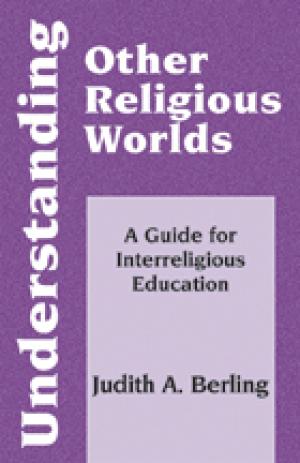
Articulates a learning process to help Christians improve approaches to understanding other religious traditions. Understanding Other Religious Worlds is built on the difference between learning facts about other religions and understanding them and their followers in a wholistic manner. Berling argues that incorporating the religious “other” in one’s own Christian identity is integral to living an authentic Christian life. (From the Publisher)
One page Teaching Tactic: discussion of art objects in a one week intensive course.
One page Teaching Tactic: using a series of case studies through the semester in a Christian Education classroom.
With advances in information technology, the velocity of information production on the global level has expanded as well. This acceleration has led to the delegitimizing of knowledge, the equating of information with knowledge, and the giving of predominance to information rather than knowledge. This advance has created epistemological challenges for the process of religious education. At the same time, the growth of the internet has created a "rhizomatic space" possessing new methodological characteristics that create problems for religious education. Information technology generates a "hypertextual learning space," which weakens the place of traditional texts in the learning process, particularly in a traditional religious education process. This hypertextual development is especially problematic for religious education in conservative or fundamentalist traditions. This article analyzes the epistemological, methodological, and contextual problems and challenges posed by information technology for traditional religious education processes.
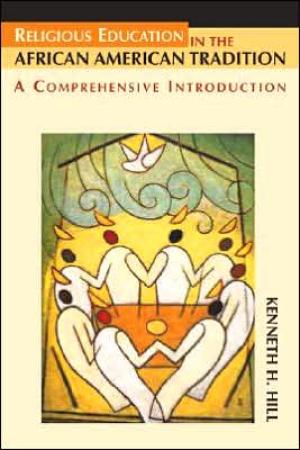
Hill indicates that the seeds for this writing project were first sown in the context of an ecumenical leadership event for church educators sponsored by the National Council of Churches, USA. The Black Church and the whole ecumenical community are now the beneficiaries of the fruit of his labors of love that began back then and even before. This compendium effectively weds the theologies and pedagogies that have served well faith formation in the African American church context, setting the framework for the teaching challenges which face the contemporary church. This work will serve as foundational for those whose passion, academic interest and calling are found in the educational ministry of the church. (From the Publisher)
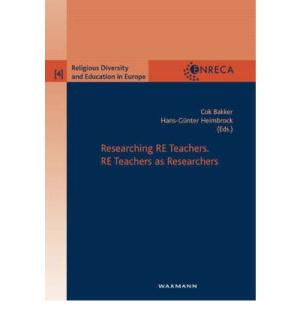
The quality of religious education in schools is highly influenced by the quality of teacher practice. Especially in times of cultural change and pluralisation we need better knowledge about the actual practice in schools. The contributions of this volume present the results of a research project on religious education teachers in Europe set up by the ENRECA group during the last years. But who is teacher and who is researcher? On the one hand, there are academics researching religious education in schools. On the other hand, there are teachers in religious education who reflect on their own teaching continuously. What kind of relationships do they have, yielding which kind of cooperation? This project takes teachers in RE as objects and at the same time perceives practicing teachers as 'reflective practitioners'. The contributions intend: * to provide information about the multicultural and multi-religious background of RE teachers in different European countries, * to develop new research methodologies fitting to the particular objective of teacher practice in various RE settings, * to improve teacher education by way of fostering partnership between researcher and teacher, * to contribute to refreshed European educational policies, matching religious and cultural diversity (From the Publisher)
This paper asserts that training Christian leaders for faithful and effective leadership in religious communities, which is responsive to the reality of the diverse religious experiences of this country, requires that they learn the skills of integration, specifically the ability to integrate formation into a community within the context of a multicultural, multifaith world. The process of pastoral theological reflection, a process that seeks to methodically put into conversation the student's experience, social context, and religious tradition, holds promise in a Christian context as a way to accomplish such integration. After discussing the process of pastoral theological reflection, the paper examines a seminary ministerial formation curriculum, based on this integrative process, to discern how it might better engage multifaith realities in its formation of leaders for Christian communities.
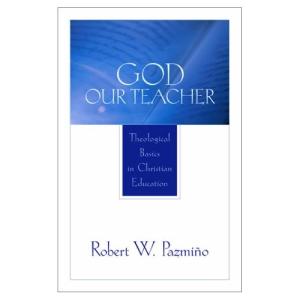
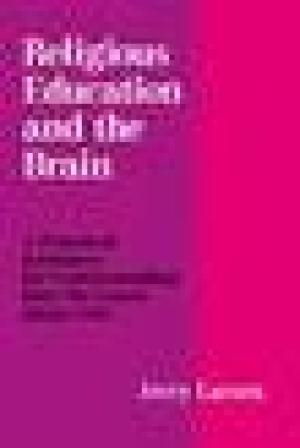
What if what we know about our brains and the way humans think was applied to the way we nurture each other in faith? Would we do it differently? What if we let cognitive science inform our educational strategies and the ways we help each other form our spirits? What if we began to believe that brain research and scientific investigation could reveal something of our spiritual nature and destiny?" These questions are at the heart of Jerry Larsen's fascinating and sure-to-be-talked-about book. Writing in a clear, accessible style, Larsen offers a model and methods for joining the discoveries of brain science with the work of religious education. He touches on the discoveries about the left and right brain thinking styles, multiple intelligence, memory mechanisms, meaning-making strategies and on the nature of consciousness. And he reflects on the belief that we can do religious education better if we take cues from what we know about the God-given network between our ears. This book is unique. There are no other books on the market on the subject of religious education and the brain. Enhanced with practical charts and illustrations, and with great ecumenical appeal, it will make useful reading for religious educators, religious professionals, and teachers. (From the Publisher)